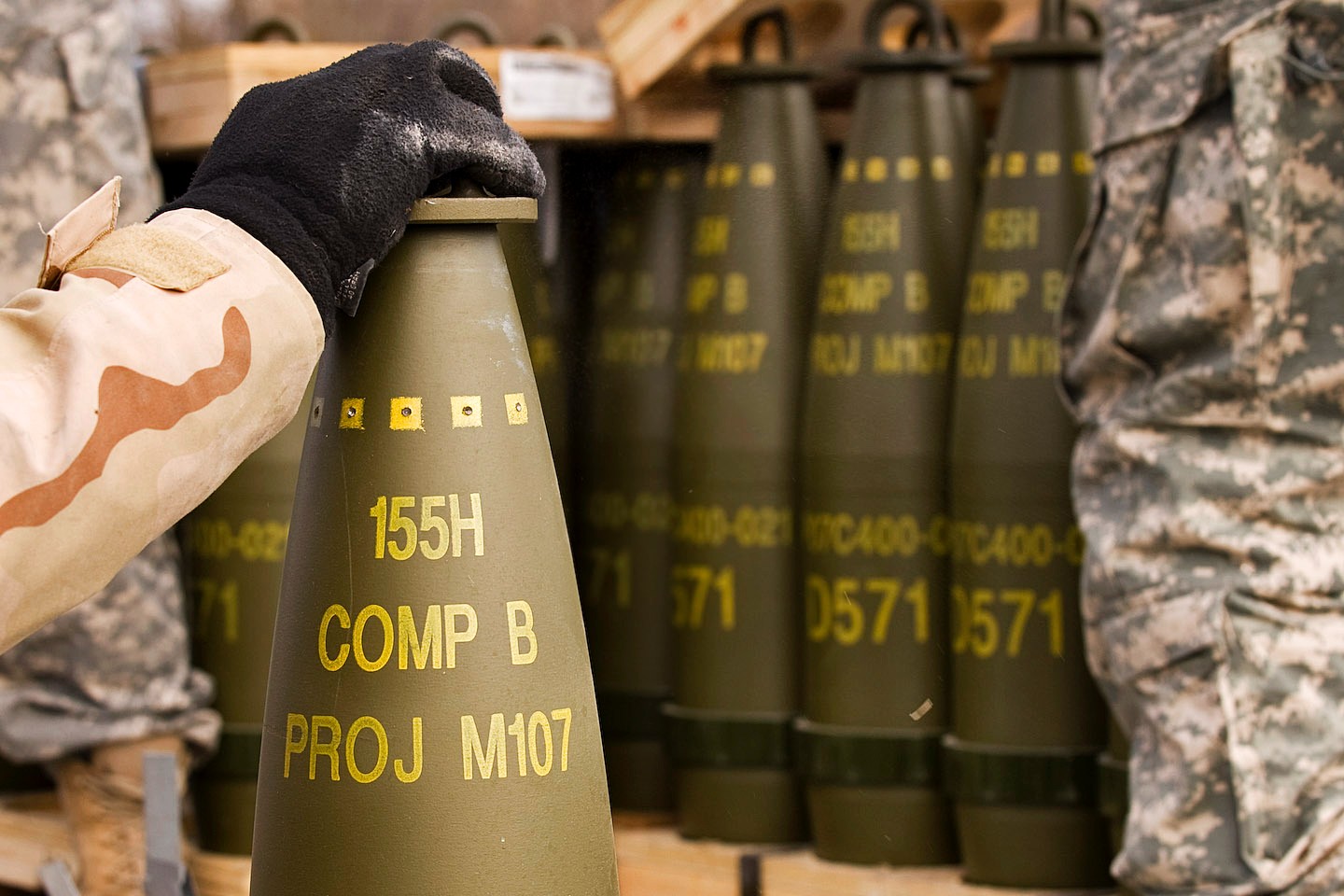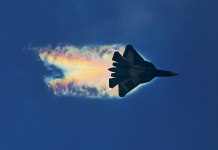In what could test India’s balancing act, Germany is reported to be in secret negotiations with the Indian government to supply ammunition to Ukraine. This could put New Delhi in a tight spot as its ties with Moscow continue to flourish despite the global sanctions alienating Putin-led Russia.
The report appeared in German magazine Der Spiegel and contended that as US military aid to Ukraine is blocked in Congress, the Europeans are racing against time to procure enough artillery ammunition for Kyiv. The governments of the European countries are conducting searches all over the world for remaining stocks.
The frantic search came as the city of Avdiivka, which was considered a Ukrainian bulwark, and Donbas fell to the Russian forces that deployed ten times as many projectiles as the Ukrainian forces.
Russian news outlet Pravada quoted the magazine report saying that at an informal meeting of European diplomats and servants in Berlin, the proposal was put forward as they brainstormed how to bolster Ukrainian ammunition stockpiles. The question was how to convince them.
In these meetings, where all suggestions are welcome despite their implausibility, the name of India also came up. Officials suggested that India maintains a large stockpile of artillery munition running in thousands of rounds.
This puts the Indian government in quite a quandary, and it would like to put any such negotiations under wraps as the country still maintains strong ties with Russia, notwithstanding the mounting pressure from the Western countries.
One diplomatic solution is that Berlin could obtain the ammunition “through intermediaries,” according to Der Spiegel.
Since the beginning of Putin’s war against Ukraine, India has maintained a neutral stance in light of its historic ties with Moscow and insists on its right to navigate a multipolar world its way. Russia has been one of India’s most important military suppliers. As economic sanctions dented the Russian oil sales, India became one of the top buyers of Russian oil at discounted prices.
During his recent trip to Germany, the Indian foreign affairs minister S. Jaishankar emphasized that even as Europe is shifting to the Middle East to purchase energy procurement, India cannot treat Russia in the same manner. Underscoring that each country conducts a relationship based on its past experiences, the minister said that Western countries preferred Pakistan over India for arms supply.
In an interview with German newspaper Handelsblatt during his visit to Germany, Jaishankar said: “Everyone conducts a relationship based on their past experiences. If I look at the history of India post-independence, Russia has never hurt our interests”. He contended that while its ties with European countries, the US, China, and Japan have seen their share of ups and downs, its relations with Russia have always remained very steady.
Hinting at the growing proximity between Moscow and Beijing in the face of global ostracization, Jaishankar said at a recently concluded conclave: “A lot of doors have been shut to Russia and the West. Russia is turning more to Asia or to parts of the world that are not West. It makes sense to give Russia multiple options.”
Europe’s Hunt For Munitions
The European Union’s top diplomat, Josep Borrell, on February 19, urged member states to opt for countries outside the Union if it was “better, cheaper, and quicker.” Apart from India, the EU is looking at Arab countries for alternate sources of supply for Ukraine.
The ammunition shortage in Ukrainian forces is growing critical as the US funding valuing US $ 61 billion is stuck in Congress. Media reports in recent times have indicated that Ukraine could face a catastrophic shortage of supplies like shells and air defenses within weeks.
According to internal US estimates, the shortage “could effectively turn the tide of the war and lend Russian President Vladimir Putin a significant advantage.”
At the beginning of January 2024, reports emerged that Indian munition had found its way to the battleground. Videos have surfaced from Ukraine about the Indian-made artillery ammunition being used by the Ukrainian forces.

The artillery shells were compatible with the AHS Krab self-propelled howitzers supplied to Ukraine by Poland. The news came as the West is digging into old stocks and even considering the possibility of renovating expired shells to supply at least 200,000 155mm rounds each month to Ukraine. However, these are all workable band-aid solutions, as the West’s munitions production infrastructure strains to grow in 2024.
Russia’s 6th-Gen Fighter Jet To Be Deployed By 2050; Will Not Dump Pilots For Robots – GosNIIAS
It was speculated that the munition was HE ERFB BT shells produced by the Munitions India Limited (MIL). MIL is a subsidiary of the Indian Ministry of Defense and a top manufacturer of a wide range of ammunition, not just 155mm but also 105mm and 125mm. Apart from artillery, the massive manufacturing company provides ammunition for several other military uses.
It is worth noting that India has been reluctant to supply ammunition to Ukraine or any Western countries to maintain neutrality in the war. New Delhi refuted the allegations that it supplied ammunition to Kyiv. However, the possibility of a third-party transfer remained.
The United Arab Emirates and Armenia are known customers of 155 mm shells. An unnamed European country, most probably Poland or Slovenia, recently purchased the artillery shells.
- Ritu Sharma has been a journalist for over a decade, writing on defense, foreign affairs, and nuclear technology.
- The author can be reached at ritu.sharma (at) mail.com
- Follow EurAsian Times on Google News




